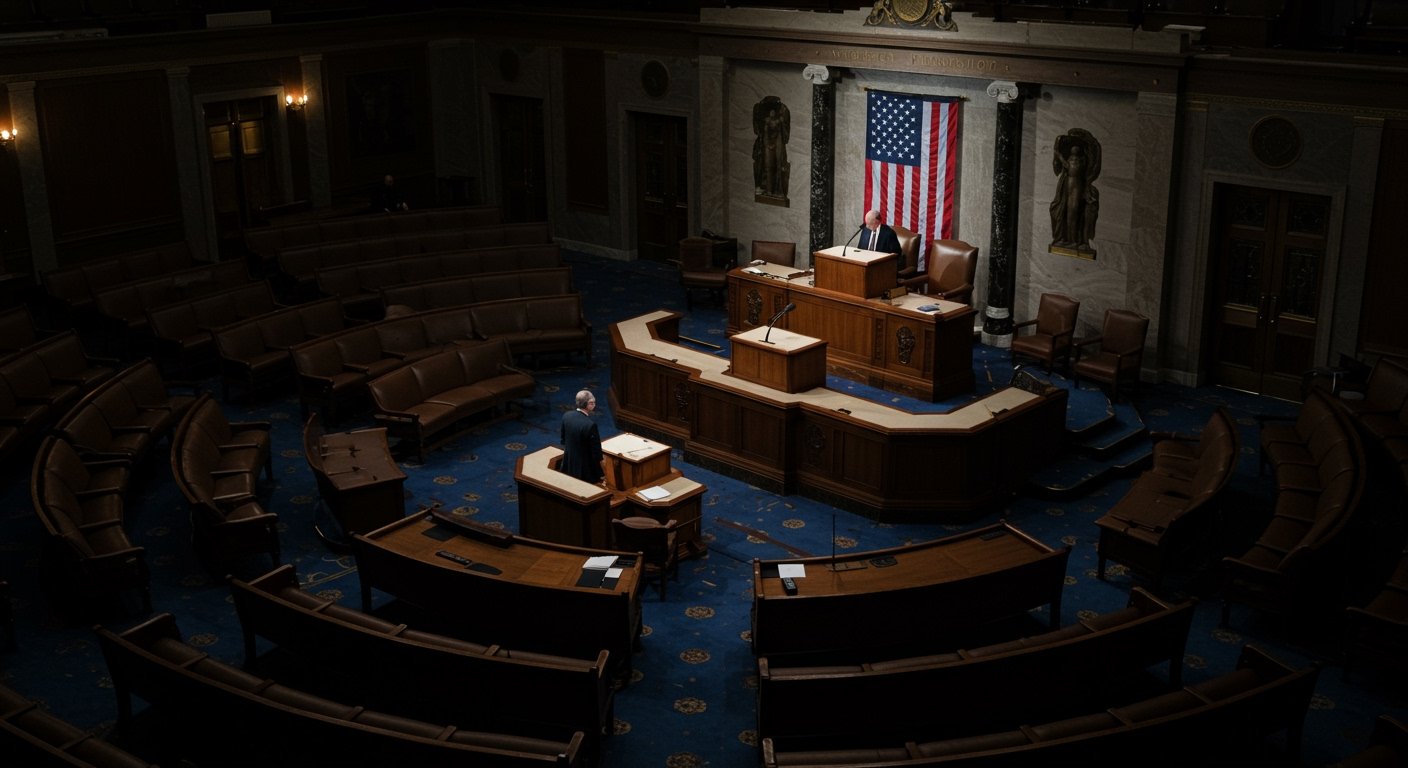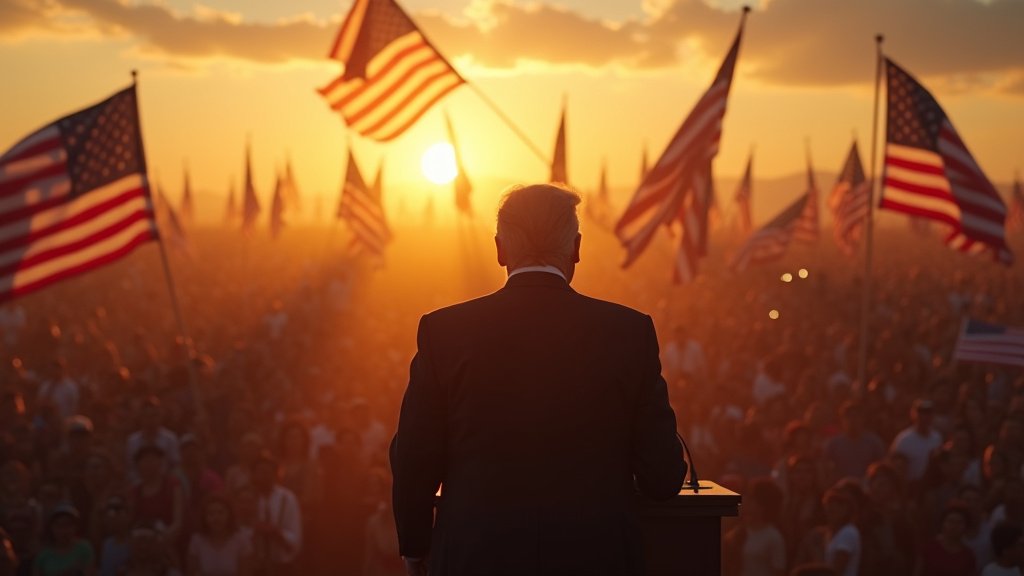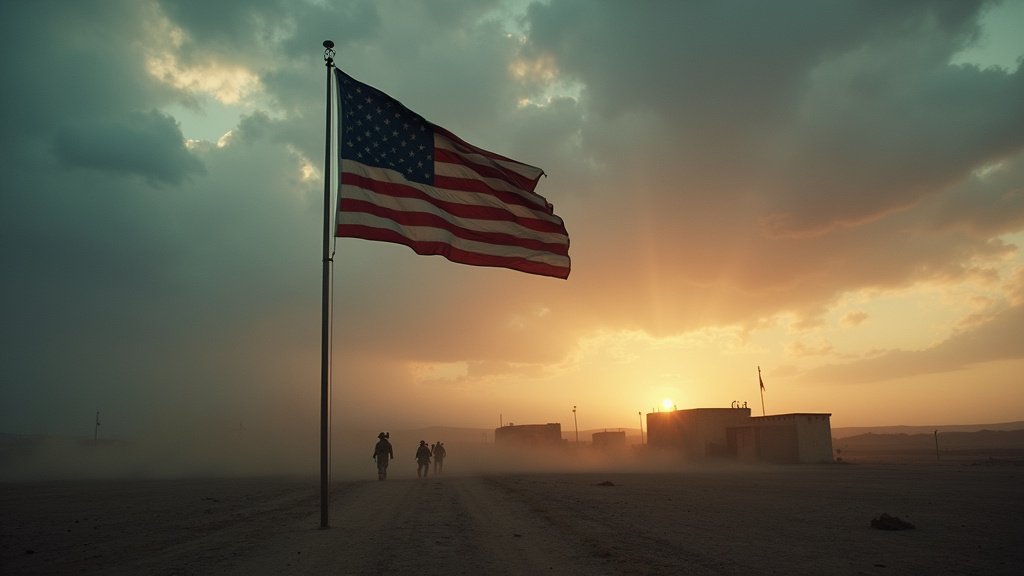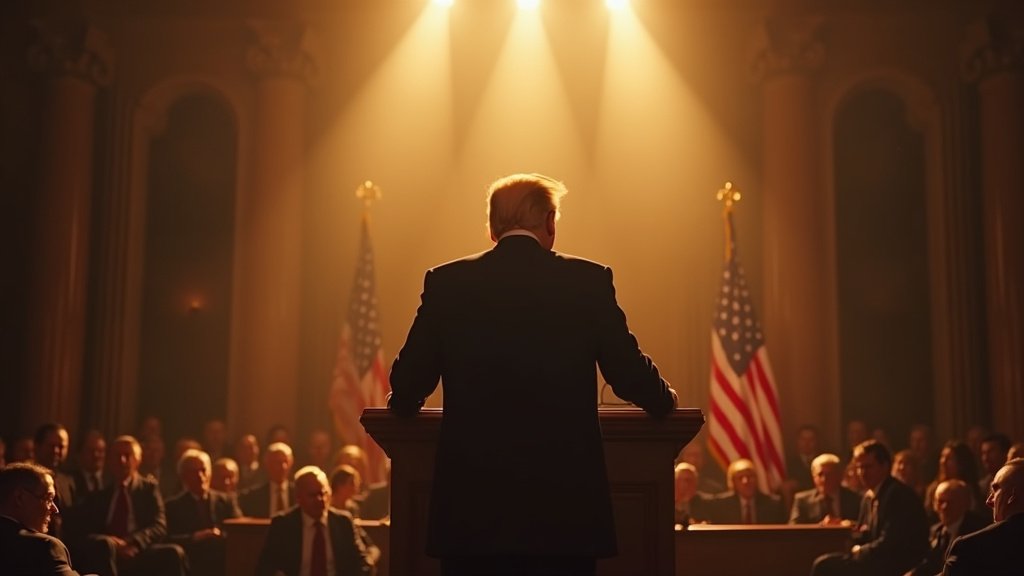An editorial published on March 21, 2025, raises significant concerns regarding the Trump administration’s recent actions affecting the composition and access of the White House press pool. The editorial board contends that these moves represent a deliberate effort to interfere with press freedom and cultivate a narrative potentially biased in the administration’s favor.
For decades, specifically since 1914, the responsibility for determining which journalists comprised the White House press pool has rested with the White House Correspondents’ Association (WHCA). This long-standing arrangement aimed to ensure independent media access to the highest levels of government coverage. However, the editorial highlights that this authority has been taken over by the Trump administration, leading to changes in the journalists granted access to key events, including Oval Office briefings.
Restrictions on Established Outlets
A focal point of the editorial’s critique is the reported banning of major international news organizations, The Associated Press (AP) and Reuters, from the Oval Office in February 2025. The incident involving the AP is cited as a particularly illustrative example of the administration’s approach. According to the editorial, the AP was reportedly denied access because it continued to use the geographical term “Gulf of Mexico,” contrary to the administration’s preferred designation, “Gulf of America.”
This required linguistic shift, described as controversial by the editorial, stemmed from an executive order issued by President Trump. The administration’s reported penalization of a news agency for adhering to standard geographical terminology underscores the level of control it appears to seek over media reporting.
Introducing ‘New Media Voices’
White House press secretary Karoline Leavitt has publicly commented on the changes, framing the administration’s approach as an effort to include “new media voices” in the press pool. While ostensibly presented as diversifying the press corps, the editorial board expresses deep skepticism about the implications of this shift. The concern is that replacing experienced journalists with individuals identified as podcasters, social media influencers, and content creators could fundamentally alter the nature of White House coverage.
The editorial posits that this influx of less traditionally trained or institutionally affiliated individuals could lead to a less critical press corps. Unlike veteran journalists bound by established ethical standards and professional practices focused on objective reporting and holding power accountable, these “new voices” may prioritize different objectives, potentially aligning more closely with the administration’s messaging.
The Specter of a Calculated Narrative
The central argument of the editorial is that these actions are not merely procedural adjustments but rather calculated steps designed to shape public perception. By curating the press pool and limiting access for established, independent news organizations, the administration can potentially steer the narrative presented to the public.
The editorial board warns that this could result in a “calculated right-wing narrative” dominating White House coverage. Such a shift, they argue, would inevitably skew news reporting and potentially manipulate public opinion in favor of the administration’s agenda.
Implications for Democracy
The editorial board views the administration’s actions, including the specific incident involving The Associated Press and Reuters, as deliberate tactics aimed at intimidating the press and suppressing dissenting viewpoints or inconvenient facts. They contend that these measures collectively undermine the free and independent media that is widely considered essential for the healthy functioning of a democracy.
An independent press serves as a crucial check on governmental power, facilitating transparency and accountability. By restricting access and attempting to dictate terminology or punish outlets that do not conform, the administration is seen as hindering the public’s ability to access authentic, unfiltered information about government activities.
The editorial published on March 21, 2025, serves as a stark warning that the erosion of traditional press access and the strategic introduction of favored voices into the White House press pool pose a significant threat to journalistic integrity and the public’s right to know.











betmgm WI betmgm-play mgm bet promo
Delve into the strategy of card games and the luck of slots seamlessly. In coins crown casino, demo modes allow risk-free practice. Hone your skills before betting real!
Dive into the ultimate world of online gaming where endless fun awaits. Bovada Fast Withdrawals offers top slots and tournament entries for all players.
Big Bass Bonanza is pure adrenaline! Trigger free spins Big Bass Bonanza tips and tricks and let multipliers boost your catches.
Gates of Olympus delivers non-stop cascade adrenaline. Gems, crowns and rings explode while Zeus watches and multiplies the mayhem. Start your legend in zeus55 right now.
Sugar-coated mega-wins incoming! best casinos to play sugar rush is all about tumbling symbols, multiplier collection and pure joy. Spin and let the candies fall!
starslot55: colorful, fast, and forever addictive. Gems burst with color as wilds expand for respins. Both ways to win — classic done right.
Experience the excitement of luckyland slots sign up bonus now! Sign up today for an instant bonus of 7,777 Gold Coins and 10 free Sweeps Coins. Play free slots anytime and redeem Sweeps Coins for cash prizes!
Crypto gambling evolved. Faster. Fairer. More rewarding. stake original games 2025+.
The most exciting online casino is calling — abetmgm! New players receive 100% match bonus up to $1,000 plus $25 On The House. Enjoy seamless gameplay and generous daily rewards.
Dive deep into DraftKings online casino Casino fun. New users: $5 wager scores 500 spins and up to $1,000 back in credits. Real excitement, real value!